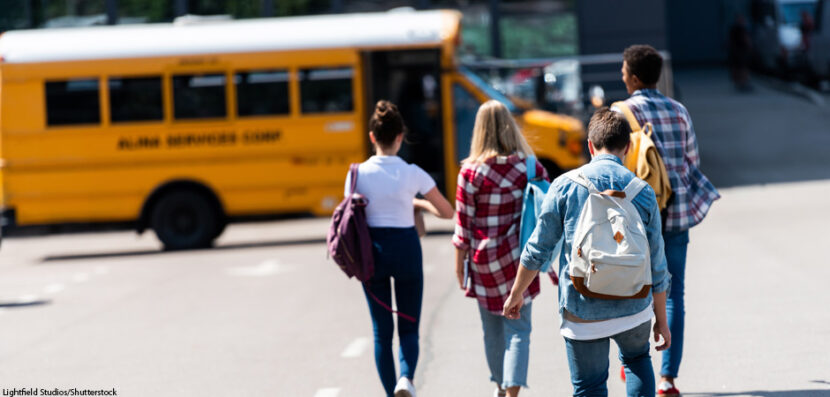
Biden Provides Mental Health Funding for Kids
The COVID-19 pandemic has brought renewed attention to an already-escalating crisis: children’s mental health. The stress of social isolation and the inability to participate in sports and other activities affects children’s mental state. Also the challenges of online learning, and other school routine disruptions have worsened an already growing problem. Because of this, the Biden administration has pledged to devote $85 million in federal funding to help address the issue of children’s mental health. But where is the money coming from, and how will it be spent? Here, Election Central takes a closer look.
Why is This Needed?
According to the U.S. Centers for Disease Control and Prevention (CDC), about 20 percent of U.S. children experience a mental or behavioral health issue each year. But only about one fifth of that 20 percent receive the appropriate care for it. That number is even lower for children of color. According to mental health specialists, the increased levels of stress and uncertainty faced by young people during the pandemic has many consequences. There has been a rise over the past year in the number of the number of children experiencing mental health crises. The return to in-person schooling has not caused these numbers to decrease.
Where Will the Money Come From?
Much of the funding for the new initiative will come from grants from places like ProjectAWARE (Advancing Wellness and Resilience in Education). It is distributing $54.3 million to help raise awareness about pediatric mental health at the state and local level. The Children’s Mental Health Initiative will provide nearly $20 million to eleven grant recipients to develop community-based services for young people with serious behavioral health issues. The rest will come from the American Rescue Plan, which is funded from federal tax dollars.
Where Will the Money Go?
Primarily, the money will go toward mental health awareness, training, and treatment. The Pediatric Mental Health Care Access Program will receive $10.7 million from American Rescue Plan funds. This program, which launched in 2018, provides training to help pediatricians identify, treat, and refer children with mental health issues. This training can include everything from care coordination with a child’s regular doctor, to setting up telehealth and teleconsultation systems. Thanks to the new funding, this program can now expand from 21 states to 42 states, plus Washington, D.C. It also provides funding to two Tribal areas: the Chickasaw Nation and the Red Lake Band of the Chippewa Indians.
Another $74.2 million (from the grants listed above) will go to schools to help train school personnel to identify mental health disorders and coordinate with outside programs that can provide appropriate care and treatment.
Many pediatric mental health professionals agree that this is a great start, and that the money is going to the right places. They warn, however, that more widespread attention is needed for everything from emergency care, to providing access to underserved communities, to long-term care.


